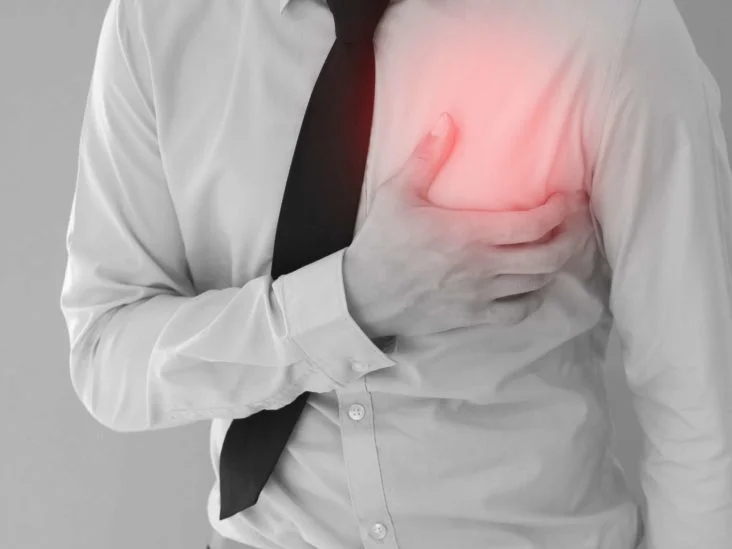When Meals Stir the Heart: Investigating Post-Meal Heart Palpitations
Introduction
Dining out, savoring home-cooked meals, or indulging in your favorite dishes should be a delightful experience. However, for some, the joy of a meal is marred by the unsettling sensation of post-meal heart palpitations. If you’ve ever wondered why your heart skips a beat after a satisfying meal, join us on a journey to uncover the mysteries behind this phenomenon. Dr. Millie Lee, a distinguished expert in lifestyle-related health issues, will be our guide through this investigation.
Meet Dr. Millie Lee
Before we delve into the intricacies of post-meal heart palpitations, let’s introduce our knowledgeable source:
Dr. Millie Lee: With a wealth of experience in the field of lifestyle-related health issues, Dr. Millie Lee has dedicated her career to understanding and addressing the health challenges people face in their daily lives. As a recognized authority, she has contributed extensively to the understanding of conditions such as post-meal heart palpitations, helping individuals lead healthier and more enjoyable lives.
Now, let’s embark on a journey to uncover the causes, triggers, and management strategies for post-meal heart palpitations.
The Mystery of Post-Meal Heart Palpitations
Post-meal heart palpitations can be unnerving, but they are not uncommon. To demystify this phenomenon, we’ll explore its various aspects:

1. Understanding Heart Palpitations
Heart palpitations refer to the sensation of an irregular or rapid heartbeat. While they can be alarming, they are often benign and occur for various reasons, including stress, caffeine intake, and, of course, meals.
2. The Culprits on Your Plate
Culprit: Food Allergies
Fact: Food allergies can trigger heart palpitations in some individuals. Common allergenic foods include nuts, shellfish, and dairy products.
3. Meal Size and Timing
Dr. Millie Lee emphasizes the role of meal size and timing in post-meal heart palpitations. Large, heavy meals and eating too quickly can strain the digestive system, potentially leading to palpitations.
4. The Role of Digestion
Digestion plays a vital role in post-meal heart palpitations. As the body diverts blood flow to aid digestion, it can momentarily affect the heart rate, causing palpitations.
5. Strategies for Management
Dr. Lee recommends several strategies to manage post-meal heart palpitations:
| Strategy | Benefits |
|---|---|
| Food Diary | Identify trigger foods and patterns. |
| Portion Control | Opt for smaller, well-balanced meals. |
| Mindful Eating | Slow down, chew thoroughly, and savor your meals. |
| Allergy Testing | Determine if food allergies are a factor. |
| Consult a Specialist | Seek guidance from a healthcare professional. |
Conclusion
Understanding post-meal heart palpitations is the first step in addressing this common dining dilemma. Thanks to Dr. Millie Lee’s insights, we’ve shed light on the potential culprits and effective management strategies. Remember, while post-meal heart palpitations can be unsettling, they are often manageable with the right approach.
By adopting mindful eating habits, identifying trigger foods, and seeking professional guidance when needed, you can turn your dining experiences into moments of joy and relaxation, free from the discomfort of heart palpitations.
Table 1: Common Trigger Foods for Heart Palpitations
| Trigger Food | Potential Allergen |
|---|---|
| Nuts | Tree nuts |
| Shellfish | Shellfish |
| Dairy Products | Milk, lactose |
Table 2: Management Strategies for Post-Meal Heart Palpitations
| Strategy | Benefits |
|---|---|
| Food Diary | Identify trigger foods and patterns. |
| Portion Control | Opt for smaller, well-balanced meals. |
| Mindful Eating | Slow down, chew thoroughly, and savor your meals. |
| Allergy Testing | Determine if food allergies are a factor. |
| Consult a Specialist | Seek guidance from a healthcare professional. |




